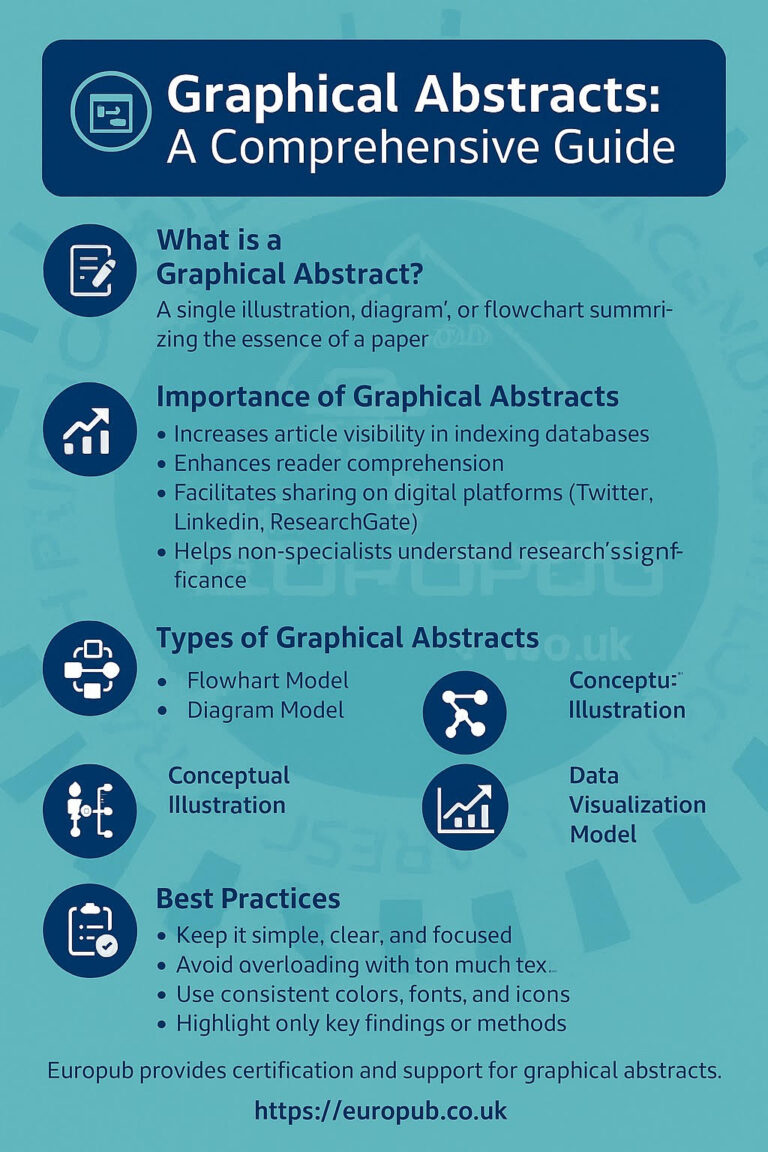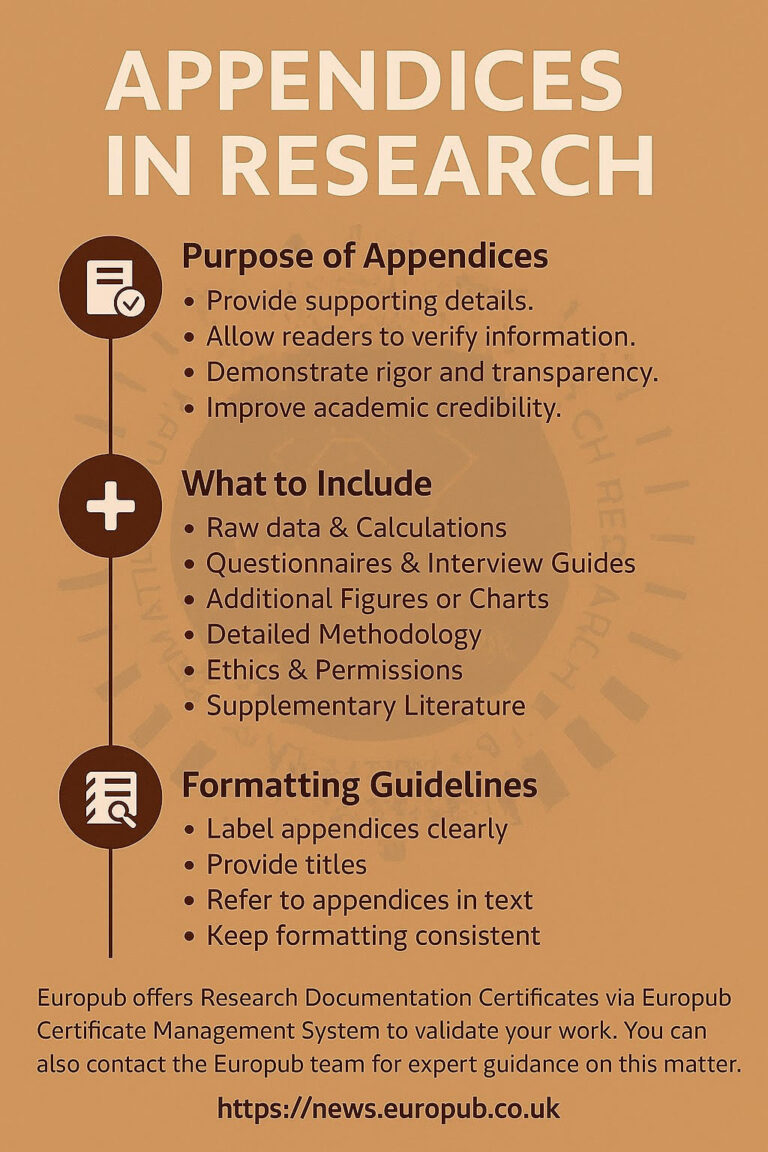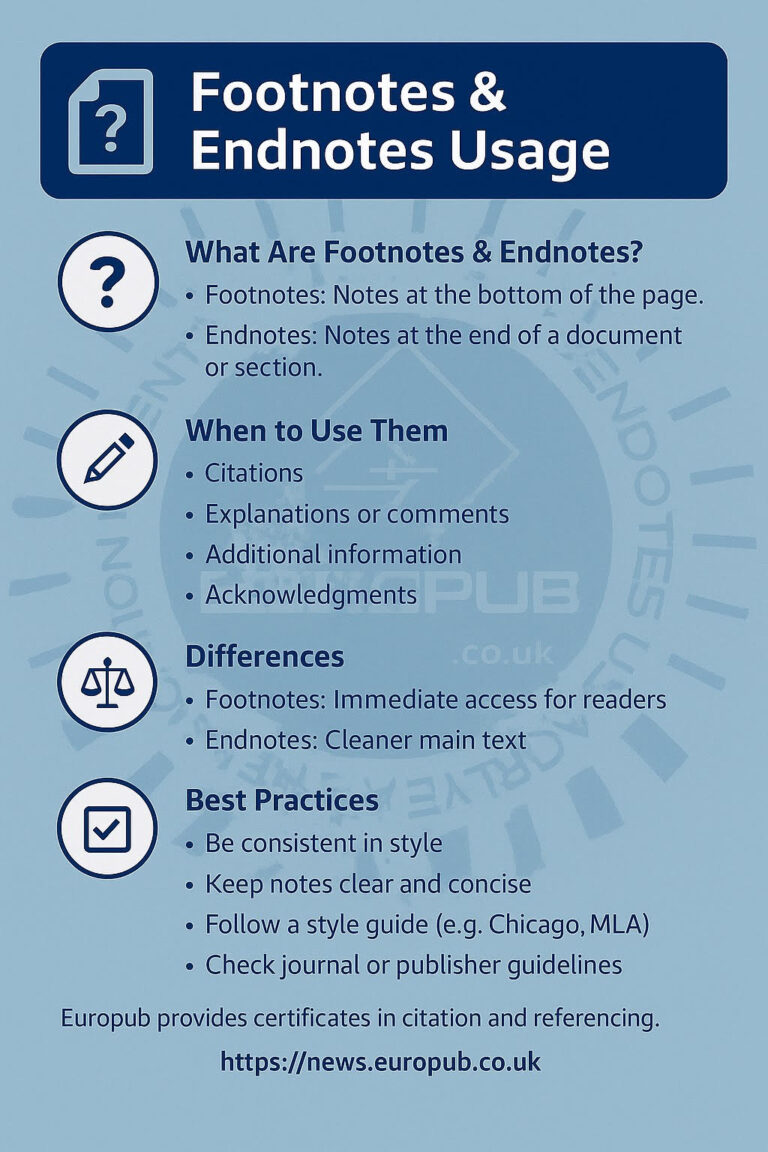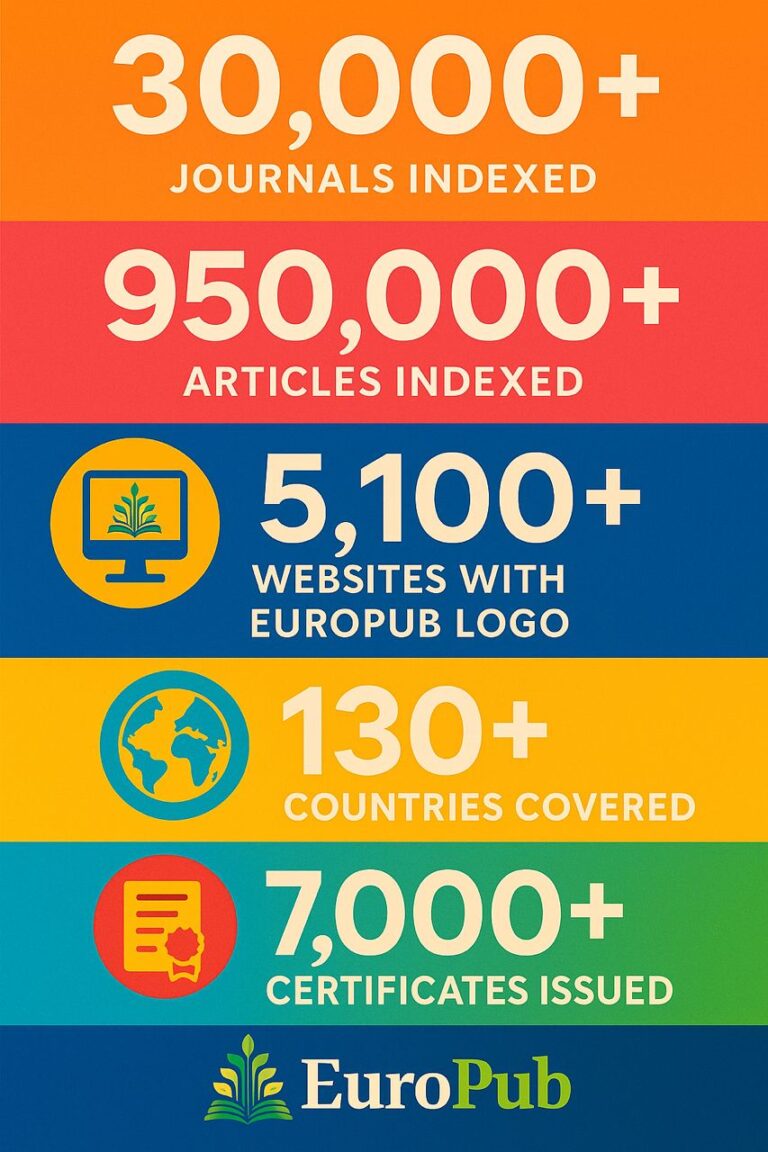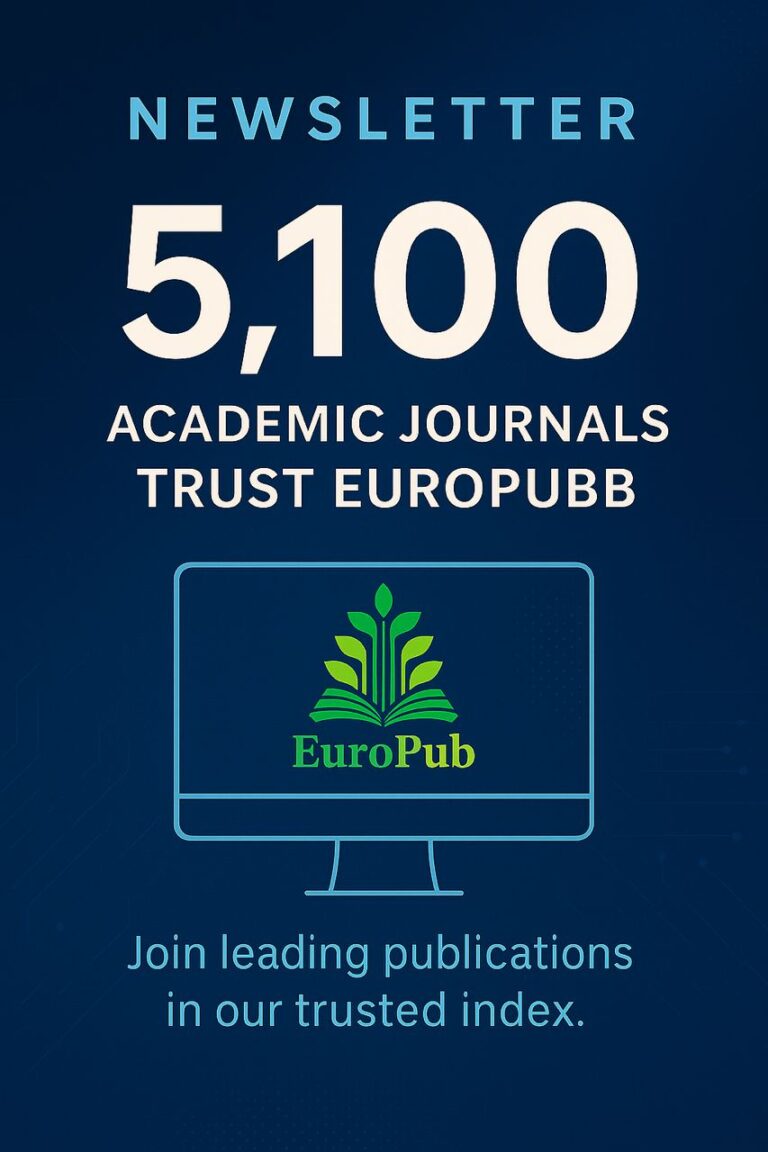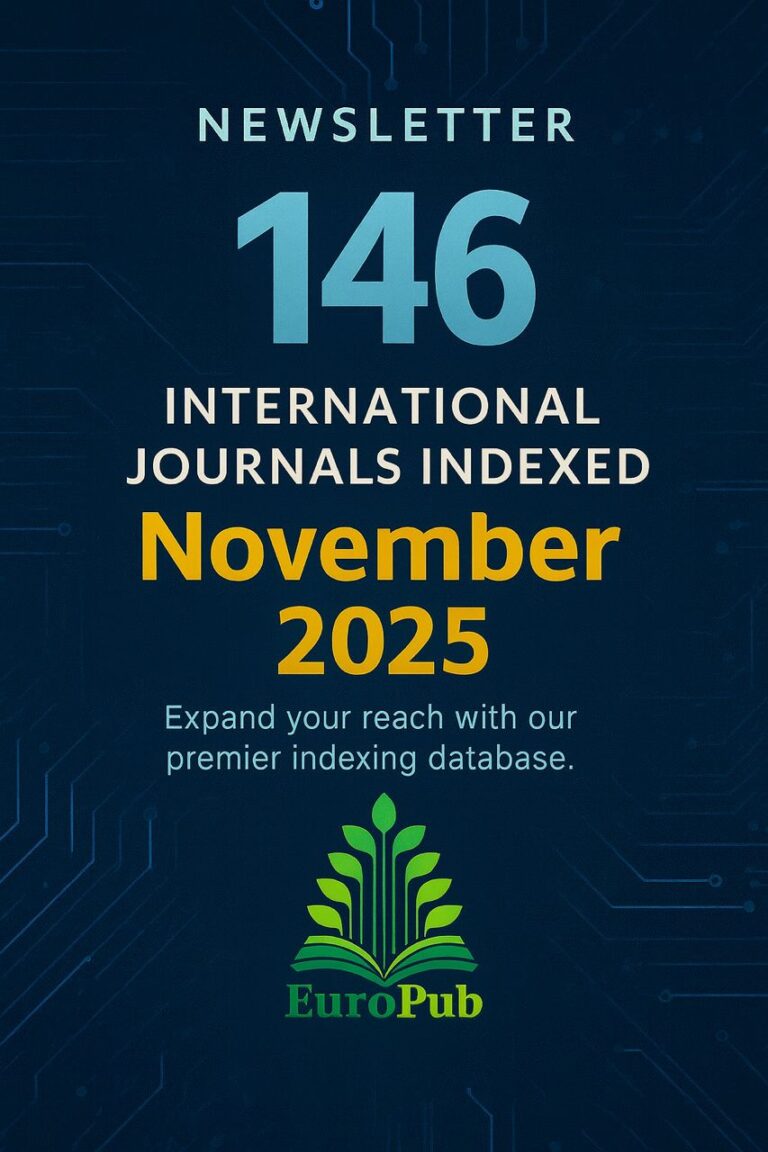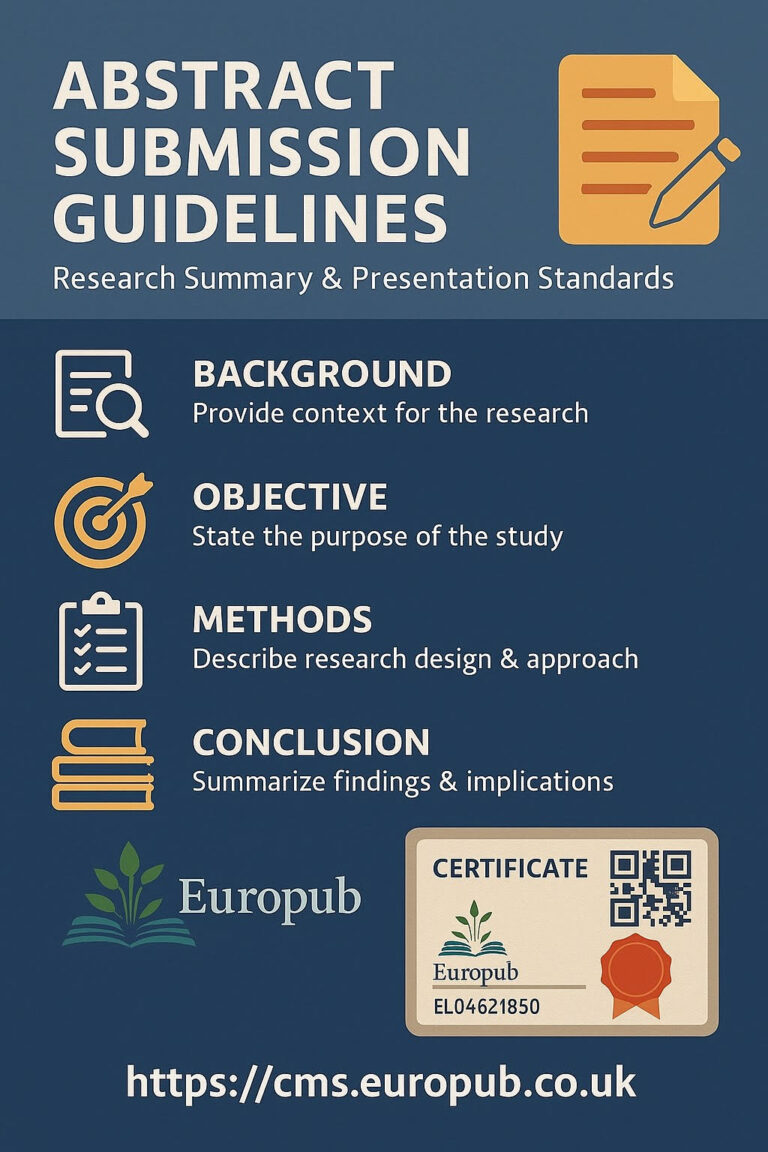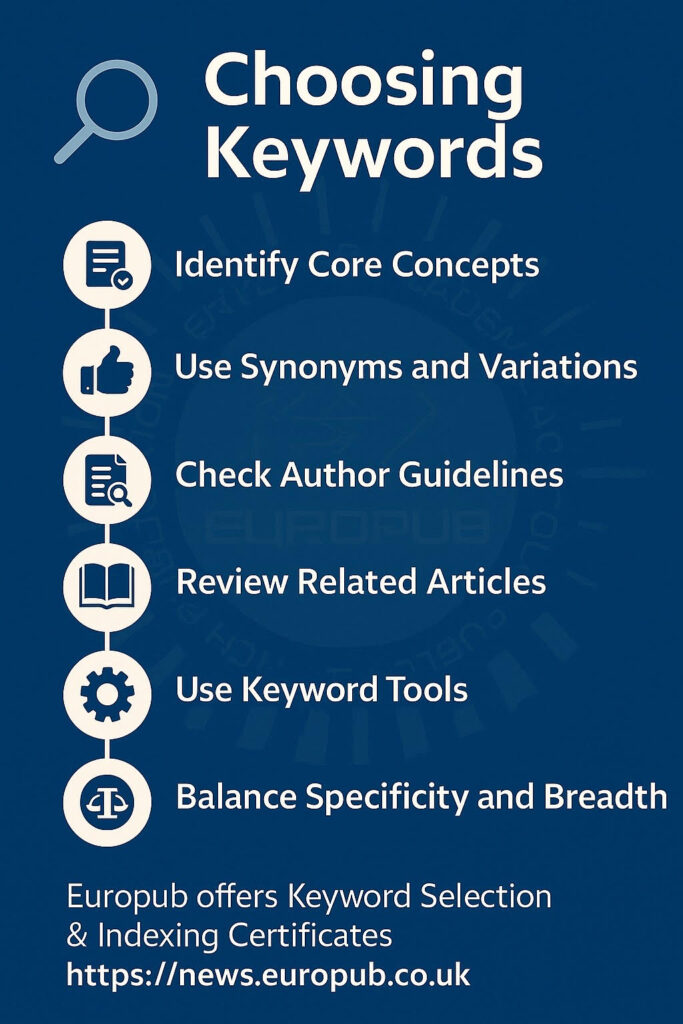
Introduction
Keywords are essential for research visibility. They determine how easily your article is discovered in academic databases such as Scopus, Web of Science, PubMed, and Google Scholar. Choosing the right keywords increases your chances of being read, cited, and indexed properly.
In essence, keywords act as the bridge between your research and its readers.
What Are Keywords?
Keywords are specific words or phrases that represent the main topics of your research. They:
- Summarize your study’s focus.
- Help databases categorize your work.
- Improve searchability and discoverability.
Most journals require 3–6 keywords after the abstract.
Importance of Choosing the Right Keywords
- Improves discoverability → Makes your paper visible to researchers.
- Boosts citations → Increases academic impact.
- Ensures correct indexing → Aligns your work with the right subject areas.
- Enhances SEO → Keywords also influence Google Scholar and web searches.
How to Choose Keywords
Step 1: Identify Core Concepts
- Break down your title, abstract, and research question into key themes.
- Example: “Impact of Online Learning on Student Performance” → keywords: online learning, higher education, academic performance.
Step 2: Use Synonyms and Variations
- Consider different terms scholars might use.
- Example: Artificial Intelligence → AI, machine learning, deep learning.
Step 3: Check Author Guidelines
- Many journals provide keyword rules (controlled vocabularies like MeSH for PubMed).
Step 4: Review Related Articles
- Look at what keywords similar studies used.
Step 5: Use Keyword Tools
- Elsevier Fingerprint Engine
- Google Scholar suggestions
- MeSH Browser (PubMed)
Step 6: Balance Specificity and Breadth
- Too broad → article gets lost in millions of results.
- Too narrow → fewer researchers will find it.
Examples of Good Keywords
Topic: The Role of Social Media in Political Engagement
- Poor keywords: social media, politics.
- Strong keywords: social media influence, political engagement, youth activism, digital democracy.
Common Mistakes
 Using words from the title only.
Using words from the title only.
 Choosing keywords that are too broad (e.g., “education”).
Choosing keywords that are too broad (e.g., “education”).
 Ignoring indexing databases like MeSH or Scopus thesaurus.
Ignoring indexing databases like MeSH or Scopus thesaurus.
 Overloading with more than 6–7 keywords.
Overloading with more than 6–7 keywords.
Tools for Finding Keywords
Europub Certification & Guidance
Europub provides Keyword Selection & Indexing Certificates through its Certificate Management System:
 Certificate of Keyword Strategy in Academic Publishing
Certificate of Keyword Strategy in Academic Publishing
 Certificate of Research Indexing Skills
Certificate of Research Indexing Skills
With Europub certification, researchers can:
- Improve journal acceptance.
- Boost discoverability and citations.
- Ensure compliance with indexing standards.
 Apply here: https://cms.europub.co.uk
Apply here: https://cms.europub.co.uk
 Main site: https://europub.co.uk
Main site: https://europub.co.uk
 Newsletter: https://news.europub.co.uk
Newsletter: https://news.europub.co.uk
 You can also consult Europub experts for tailored keyword strategies for your field.
You can also consult Europub experts for tailored keyword strategies for your field.
 Frequently Asked Questions (FAQs) on Choosing Keywords
Frequently Asked Questions (FAQs) on Choosing Keywords
1. How many keywords should I use?
Answer: Most journals require 3–6 keywords, but always check the submission guidelines.
 Reference: Elsevier Author Guide
Reference: Elsevier Author Guide
2. Should keywords repeat words in the title?
Answer: Not necessarily. Use complementary terms that extend discoverability beyond the title.
3. What is MeSH in PubMed?
Answer:
MeSH (Medical Subject Headings) is a controlled vocabulary used in PubMed to index medical and life science research. Choosing MeSH terms improves PubMed visibility.
 Reference: MeSH Browser
Reference: MeSH Browser
4. How do keywords affect citations?
Answer: Strong keywords increase visibility, which leads to more reads and citations over time.
5. Can I change keywords after submission?
Answer: Usually no. Keywords should be finalized before submission. However, some journals may allow revisions during peer review.
6. What’s the difference between keywords and SEO tags?
Answer:
- Keywords → used in academic databases like Scopus and PubMed.
- SEO tags → used in web-based visibility like Google Scholar and search engines.They often overlap, but academic keywords must follow stricter rules.
Conclusion
Choosing the right keywords is a strategic step in academic publishing. It ensures your research is indexed properly, maximizes visibility, and improves citations. Europub supports researchers with certification and expert guidance to optimize keyword strategies for global impact.
